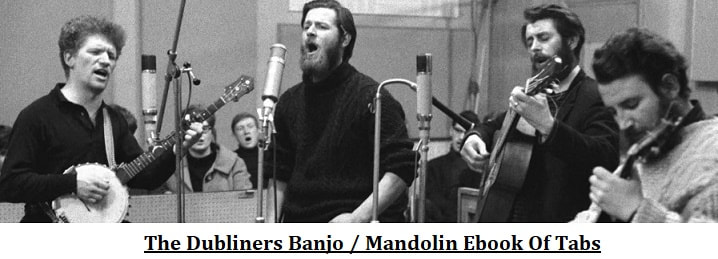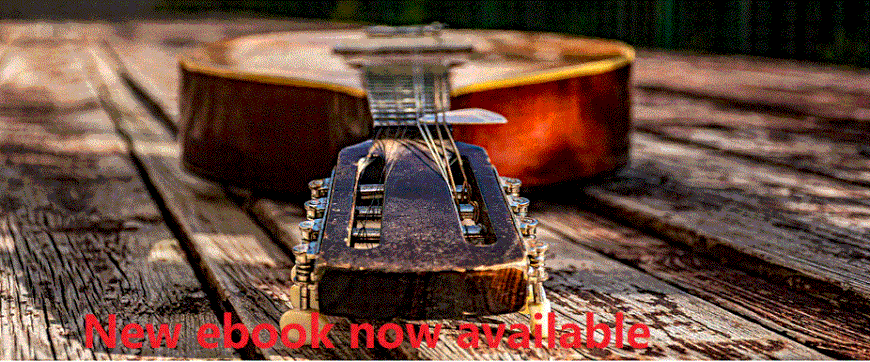Toss A Coin To Your Witcher Piano Sheet Music Mandolin Tab And Chords
Toss a coin to your witcher mandolin / tenor banjo tab and piano keyboard letter notes which are also suitable for flute or tin whistle.
Introduction
The world of music has always been a reflection of the society, its values and beliefs. It is a medium that has the power to captivate and influence the masses. With the rise of streaming services and the popularity of TV shows, the intersection of music and television has become increasingly significant. One such example of this is the song 'Toss A Coin To Your Witcher' from the popular Netflix series, The Witcher. The song has garnered immense attention and has become a cultural phenomenon, sparking debates and discussions among fans and critics alike. In this thesis, I will be exploring the significance of the song 'Toss A Coin To Your Witcher' and its impact on the society.
Background and Context
The Witcher is a fantasy drama series based on the book series of the same name by Polish author Andrzej Sapkowski. The show premiered on Netflix in December 2019 and quickly gained a massive following. One of the most memorable aspects of the show was the song 'Toss A Coin To Your Witcher,' composed by Sonya Belousova and Giona Ostinelli. The song first appeared in the second episode of the show, sung by the bard Jaskier (played by Joey Batey) to praise the protagonist, Geralt of Rivia (played by Henry Cavill).
The song's lyrics narrate the events of the episode, where Geralt saves a town from a dangerous monster. It praises Geralt's heroic deeds and encourages the townspeople to show him gratitude by throwing him a coin. The catchy tune and clever lyrics quickly caught on with the viewers, and the song became an instant hit.
Musical Analysis
Musically, 'Toss A Coin To Your Witcher' is a prime example of a folk ballad. The song follows a simple verse-chorus structure and features traditional folk instruments like the lute and the fiddle. The melody is infectious, and the chorus is easy to sing along to, making it a perfect fit for a bard's repertoire. The song's upbeat tempo and lively energy also reflect the bard's character, adding to the authenticity of the performance.
Lyrically, the song is a clever retelling of the episode's events, using witty metaphors and wordplay. The chorus, 'toss a coin to your witcher, oh valley of plenty,' is a reference to the town's name, 'Valley of Plenty,' and also ties into the town's prosperity after Geralt's intervention. The song also alludes to Geralt's reputation as a 'Butcher of Blaviken,' with lines like 'friend of humanity' and 'killers of sin.'
Impact on Society
The song's popularity has extended beyond the show's fanbase, with covers and parodies appearing on social media platforms. It has also sparked debates and discussions among fans about its significance in the show and its cultural impact. One of the main arguments surrounding the song is its representation of the bard's role in society.
Traditionally, bards were storytellers and musicians who entertained and educated the masses through their performances. In The Witcher, Jaskier is depicted as a comedic character, often ridiculed and looked down upon by other characters. However, 'Toss A Coin To Your Witcher' shows the power of his words and the influence he holds over the people. The song becomes a symbol of the bard's importance and his ability to shape the narrative of events.
Furthermore, the song's lyrics also reflect the societal norms and values of the fictional world of The Witcher. The townspeople's gratitude towards Geralt and their willingness to give him a reward highlights the importance of honor and repayment in their culture. It also sheds light on the idea of heroism and how it is perceived and rewarded in society.
Conclusion
In conclusion, 'Toss A Coin To Your Witcher' is not just a catchy tune, but a thought-provoking and culturally significant piece of music. It showcases the power of music in storytelling and its ability to shape our perceptions and beliefs. The song's popularity has also shed light on the role of bards in society and has sparked discussions about societal values and heroism. It is a testament to the impact that a well-crafted song can have on the masses and its ability to transcend the boundaries of its fictional world.
The world of music has always been a reflection of the society, its values and beliefs. It is a medium that has the power to captivate and influence the masses. With the rise of streaming services and the popularity of TV shows, the intersection of music and television has become increasingly significant. One such example of this is the song 'Toss A Coin To Your Witcher' from the popular Netflix series, The Witcher. The song has garnered immense attention and has become a cultural phenomenon, sparking debates and discussions among fans and critics alike. In this thesis, I will be exploring the significance of the song 'Toss A Coin To Your Witcher' and its impact on the society.
Background and Context
The Witcher is a fantasy drama series based on the book series of the same name by Polish author Andrzej Sapkowski. The show premiered on Netflix in December 2019 and quickly gained a massive following. One of the most memorable aspects of the show was the song 'Toss A Coin To Your Witcher,' composed by Sonya Belousova and Giona Ostinelli. The song first appeared in the second episode of the show, sung by the bard Jaskier (played by Joey Batey) to praise the protagonist, Geralt of Rivia (played by Henry Cavill).
The song's lyrics narrate the events of the episode, where Geralt saves a town from a dangerous monster. It praises Geralt's heroic deeds and encourages the townspeople to show him gratitude by throwing him a coin. The catchy tune and clever lyrics quickly caught on with the viewers, and the song became an instant hit.
Musical Analysis
Musically, 'Toss A Coin To Your Witcher' is a prime example of a folk ballad. The song follows a simple verse-chorus structure and features traditional folk instruments like the lute and the fiddle. The melody is infectious, and the chorus is easy to sing along to, making it a perfect fit for a bard's repertoire. The song's upbeat tempo and lively energy also reflect the bard's character, adding to the authenticity of the performance.
Lyrically, the song is a clever retelling of the episode's events, using witty metaphors and wordplay. The chorus, 'toss a coin to your witcher, oh valley of plenty,' is a reference to the town's name, 'Valley of Plenty,' and also ties into the town's prosperity after Geralt's intervention. The song also alludes to Geralt's reputation as a 'Butcher of Blaviken,' with lines like 'friend of humanity' and 'killers of sin.'
Impact on Society
The song's popularity has extended beyond the show's fanbase, with covers and parodies appearing on social media platforms. It has also sparked debates and discussions among fans about its significance in the show and its cultural impact. One of the main arguments surrounding the song is its representation of the bard's role in society.
Traditionally, bards were storytellers and musicians who entertained and educated the masses through their performances. In The Witcher, Jaskier is depicted as a comedic character, often ridiculed and looked down upon by other characters. However, 'Toss A Coin To Your Witcher' shows the power of his words and the influence he holds over the people. The song becomes a symbol of the bard's importance and his ability to shape the narrative of events.
Furthermore, the song's lyrics also reflect the societal norms and values of the fictional world of The Witcher. The townspeople's gratitude towards Geralt and their willingness to give him a reward highlights the importance of honor and repayment in their culture. It also sheds light on the idea of heroism and how it is perceived and rewarded in society.
Conclusion
In conclusion, 'Toss A Coin To Your Witcher' is not just a catchy tune, but a thought-provoking and culturally significant piece of music. It showcases the power of music in storytelling and its ability to shape our perceptions and beliefs. The song's popularity has also shed light on the role of bards in society and has sparked discussions about societal values and heroism. It is a testament to the impact that a well-crafted song can have on the masses and its ability to transcend the boundaries of its fictional world.





